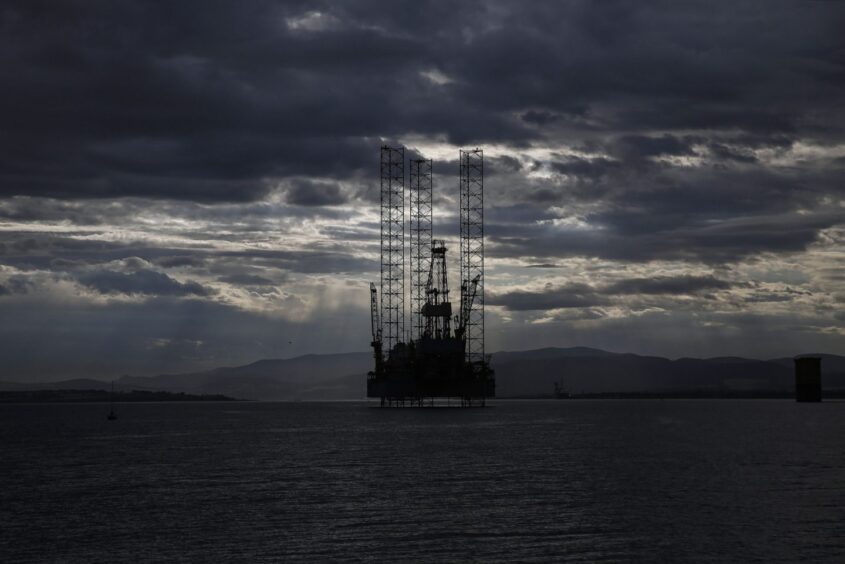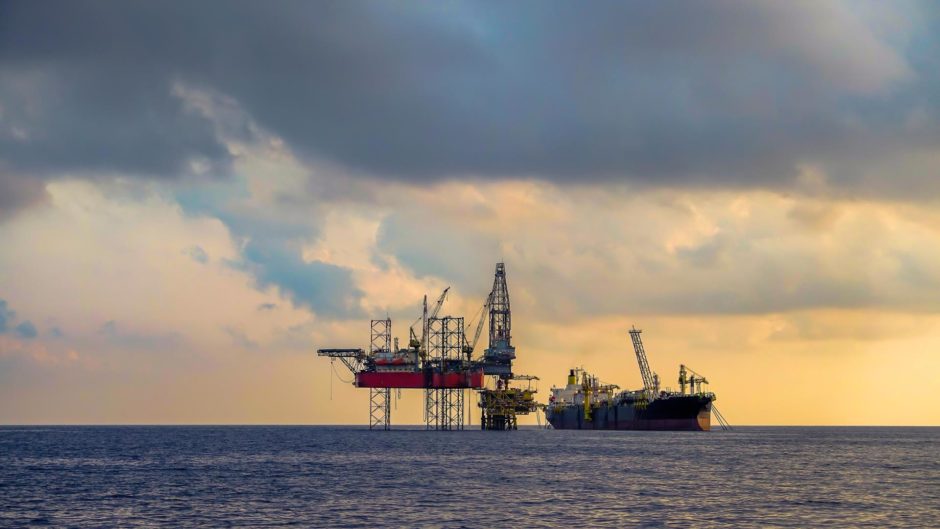
The latest tranche of awards in the UK’s 33rd oil and gas licensing round has raised questions about the extent of future acreage sales.
Senior Research Analyst for North Sea Upstream at Wood Mackenzie James Reid said: “There’s talk that this could this be the last licencing round given the rhetoric from Labour.”
Labour has previously floated plans to block new oil and gas developments, stopping fresh licences being issued, but allowing new wells to be drilled on existing fields.
Furthermore, the party has proposed extending the Energy Profits Levy (EPL), including raising the maximum the tax rate, pushing back its expiration date, and curtailing reliefs.
The Offshore Petroleum Licensing Bill, currently before the House of Lords, could provide some protection for future leases. This would mandate annual licensing rounds – however, the government could simply place a single block for sale to fulfil its requirements, or repeal it.
This uncertainty might affect developers’ plans for their new awards. Delays in awarding the leases have raised concerns that developers could hand back their blocks, as regulatory conditions, including changes to the EPL, have evolved since the applications were put in.
Reid noted the uncertainties around the regulatory regime, and the possibility that no more major rounds may be held, could incentivise companies to hold off development.
“The vast majority of the latest awards have been desktop studies or the reprocessing seismic stage. Our modelling shows anywhere between five to seven years from awards to first drilling.”
This places the projects outside the current sunsetting phase of the energy profits levy in 2029 – assuming the government at the time does not extend it.
“There will need to be funding put in place for these projects, which may be an awkward conversation due to the fiscal uncertainty,” he said.
Energy security
This uncertainty could hold back development of the touted 600mn boe of discoverable oil the North Sea Transition Authority (NSTA) has touted and put strain on the UK’s energy security.
“We’ve seen exploration drilling tailing off this year because a lot of it driven by that fiscal uncertainty,” Reid said.
“We’re not going to see significant production coming on stream in the short term from an energy security angle. It’s more adding on to the tail of UK production and flattening it out,” he added.
Maintaining a pipeline of leasing rounds helps provide the certainty needed to provide stronger energy security for the UK.
A Deltic spokesperson told Energy Voice: “Exploration licences are the key source for maintaining existing UK production. Removing exploration licences cuts off future production and causes existing infrastructure to move from ‘managed decline’ in a mature basin like the North Sea, to ‘exit’ in terms of energy policy and investment strategy.
“The Committee on Climate Change and the main political parties, including the Labour Party, agree that oil and gas are needed beyond 2050. However, cutting off exploration and reducing investment in existing infrastructure will mean those much-needed resources will increasingly come from imported sources.
“This is bad for jobs, treasury receipts, energy security and greenhouse gas emissions compared with a domestic supply.
“As our recent Pensacola discovery demonstrates, significant opportunity remains in the UKCS but the fiscal and regulatory environments must be supportive and pragmatic both in the context of the energy transition and domestic security of supply.”
Future plans
While there are doubts about the speed at which the 33rd UK oil and gas licensing round awards may come online, several developers have mentioned their aims to develop their projects and that they expect additional rounds will take place.
Orcadian Energy has proposed using its fields to feed an offshore power station connected to offshore wind infrastructure, and suggested that it could have development plan ready within two years.

A Horizon Energy statement noted that it plans to drill “the Dabinett exploration well (42/05-A) in 2025 with a primary Haupt Dolomite target of over 600bcf” on the three exploration areas it won in the round.
It added that it looks forward “to further licensing rounds covering the region and to progress this exciting new play potential for the North Sea in support of UK energy security”.
In addition, INEOS Energy proposal for its Greater Pegasus Area blocks would use existing infrastructure at Breagh and onshore to bring gas to the Teesside Gas Processing Plant.
This will utilise facility’s electric-powered compressor and extend the life of existing assets.
Group CEO David Bucknall stated: “Domestically produced gas provides security of supply at a time when international supplies of energy are threatened by war and sanctions.”
Recommended for you


 © Supplied by Primat Recruitment
© Supplied by Primat Recruitment